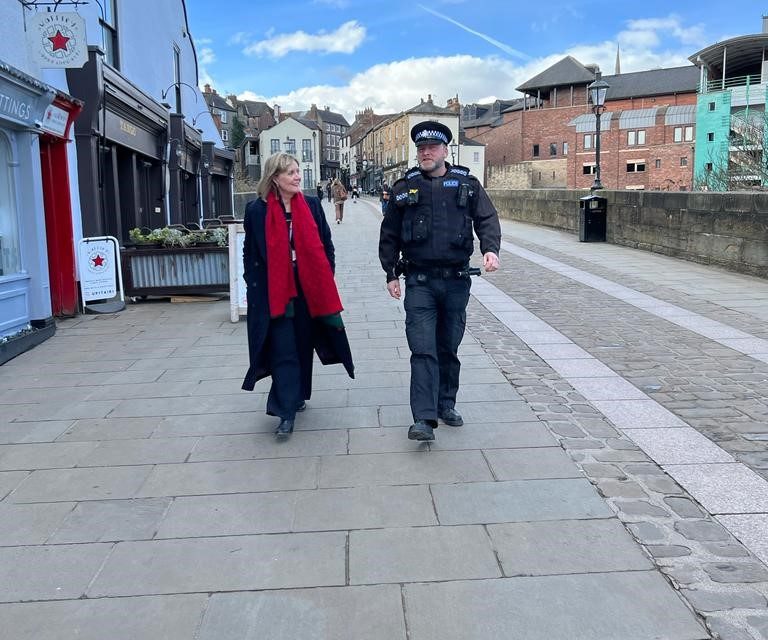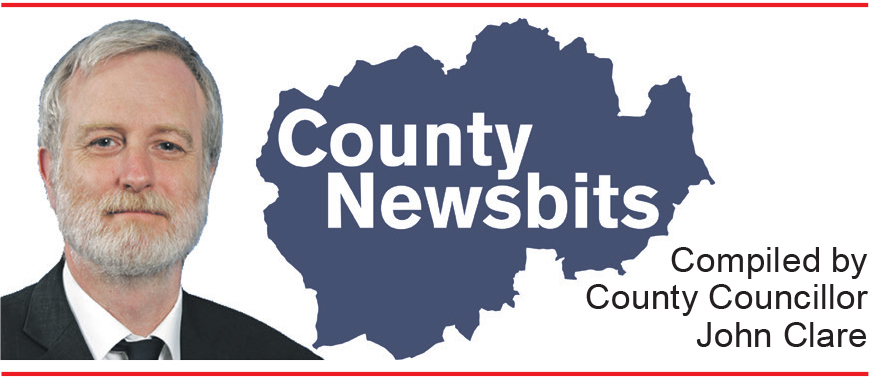Police and Crime Commissioner Joy Allen has welcomed new Government support to help reduce the pressure of mental health issues on frontline policing services.
In a letter to Chief Constables across England and Wales, Home Secretary Suella Braverman provided an update on the Government’s work to reduce the burden on forces from non-police activity.
The Department of Health and Social Care (DHSC) recently announced a £150m capital investment package to improve mental health crisis care across England and Wales.
The Home Secretary said this package would include £7m for the procurement of specialised mental health ambulances and £143m for new or improved mental health crisis response infrastructure to ensure people in mental health crisis receive appropriate treatment and also prevent officers from being taken away from their crime-fighting duties.
It will also fund over 30 schemes including crisis cafes, crisis houses and other similar safe spaces in addition to rolling out 20 new or improved health-based places of safety.
New figures show mental health incidents accounted for 9.5 per cent of all incidents reported to police in County Durham and Darlington between April and December 2022 compared to 2019/20 (pre-Covid).
In total, 11,854 incidents with a ‘mental health qualifier’ were recorded during the period. This is where mental health is at the center of an incident or where police had to do something additionally or different due to mental health factors.
Between April-June 2022 and October-December 2022 there was a -7.3 per cent fall in mental health incidents reported to police due to changes in how mental health incidents are classified which came into effect in June 2019.
Commissioner Allen said: “Any investment that keeps police officers on our streets for longer to tackle the crimes that matter to the public is to be welcomed.
“As local data shows, virtually 10 per cent of police time and resources are taken up responding to people who require specialist and professional mental health care to safeguard their wellbeing. In addition to operational pressures, it also places considerable strain on ‘101’ and emergency 999 call services with call handlers responding to a huge proportion of vulnerable callers who require the intervention of specialist health providers.
“The availability of appropriate care and safe spaces is absolutely critical to ensuring vulnerable people in crisis receive help and refuge in the right place – and by the right team. I am pleased that the number of such schemes is expanding through this funding and that the government recognises the enormous challenge mental health issues present to frontline policing services. I welcome the publication of new guidance later this year and will be working closely with the Chief Constable and local health partners to see how the new approach can be best implemented across County Durham and Darlington.”
The Home Office is encouraging the national roll out of the Right Care, Right Person model – an approach designed to ensure that when there are concerns for a person’s welfare related to mental health, the appropriate person with the appropriate skills, training and experience will respond.
To support the implementation of the model, the Home Office will be issuing a new National Partnership Agreement alongside Smarter Practice Guides and toolkits to support PCCs and Chief Constables through the process.
Commissioner Allen has included Mental Health as a key priority in her Police and Crime Plan under her Safer People theme.
As part of her work, she has pledged to ensure the police are the service of last resort and not the service of first resource for people suffering a mental health crisis. In other commitments, she has vowed to maintain a multi-agency approach to supporting people with mental health needs who come into contact with police and liaise with Public Health, Housing, Employment and Mental Health services to ensure that potential offenders get access to the support they need.










